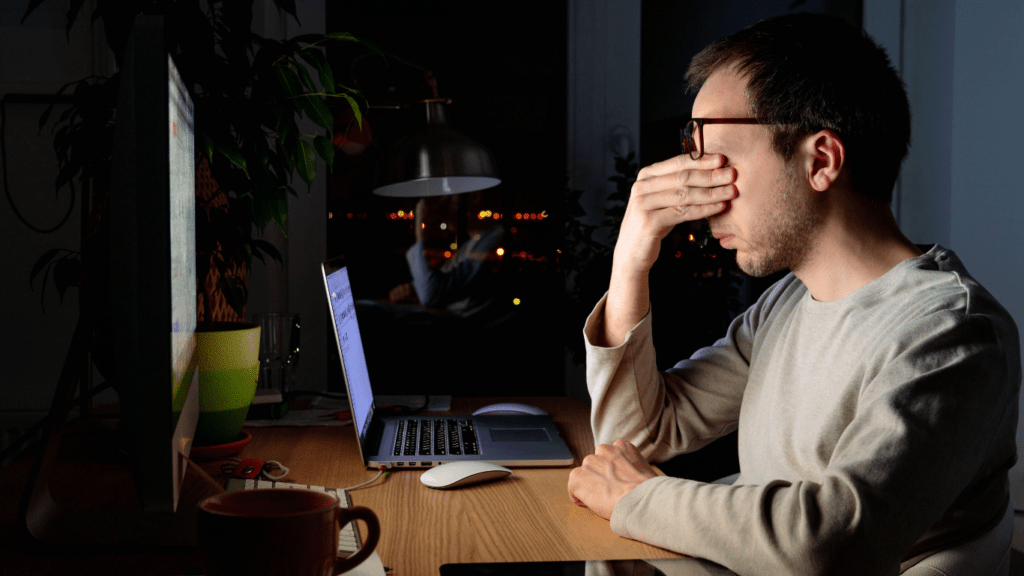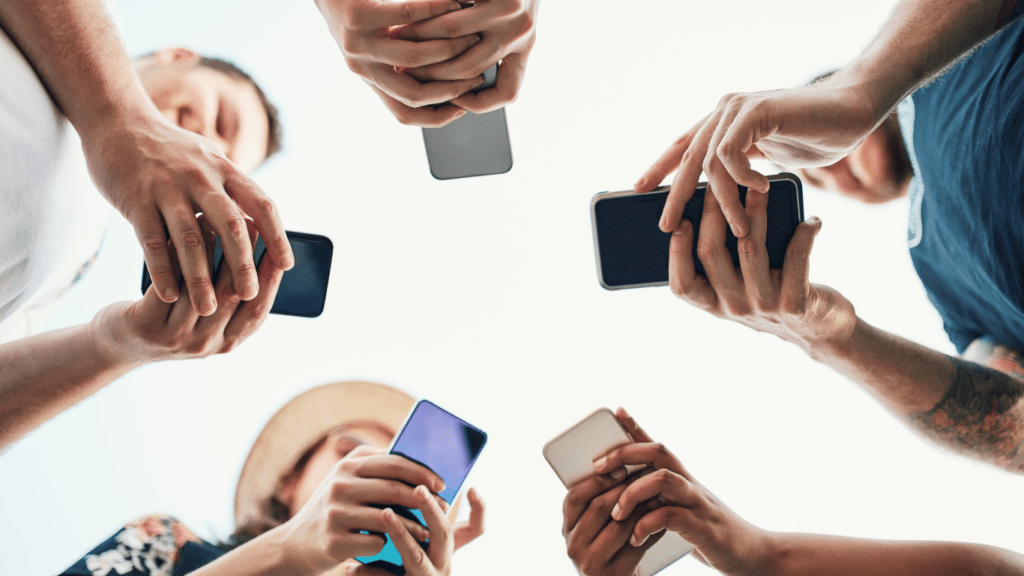Memes have become the universal language of the internet, bringing humor and relatability to millions. I’ve laughed at my fair share of clever captions and absurd images, but not all memes are harmless fun. Sometimes, they cross a line, leaving behind a trail of controversy and hurt feelings.
Understanding Internet Humor And Memes
Internet humor, particularly memes, has become a universal form of online expression. As memes evolve, they reflect cultural nuances, humor, and sometimes, controversial themes.
The Rise Of Meme Culture
Meme culture surged with the rise of social media platforms like:
In 2010, memes gained prominence as creators began addressing a range of topics, from global events to niche communities. Formats like “Distracted Boyfriend” and “Grumpy Cat” demonstrated how quickly simple ideas could capture global attention. Memes spread rapidly due to their visual appeal and concise messaging, attracting users across different age groups.
Viral memes contribute to a shared online identity. They foster connections by enabling people to partake in collective humor, often tied to current events. For example, the Bernie Sanders mittens meme during the 2021 U.S. presidential inauguration showcased how moments could turn into humor phenomena within hours.
The Appeal Of Dark Humor
- Dark humor in memes relies on juxtaposing uncomfortable topics with comedic elements.
- Many users find this appealing because it allows them to process serious or taboo subjects through humor. For instance, memes addressing existential anxiety or social awkwardness often resonate with younger audiences.
- Dark humor creates a sense of exclusivity for certain online communities.
- Inside jokes, edgy references, and provocative topics generate engagement among like-minded users.
- However, there’s potential for harm when dark humor dismisses or trivializes serious issues like mental health or cultural struggles, showcasing the fine balance in its use.
Exploring The Dark Side Of Internet Humor

Internet humor, especially memes, has the power to connect or divide. While often a source of entertainment, it carries a darker edge that can harm individuals and communities.
When Humor Becomes Harmful
Humor becomes harmful when it targets vulnerable groups or trivializes serious issues. Memes mocking mental health struggles, for example, can discourage open discussions about these challenges. Similarly, memes spreading misinformation can influence public opinion negatively if users don’t verify sources. This misuse of humor creates an environment where offensive ideas spread under the guise of comedy.
Offensive And Problematic Memes
Offensive memes exploit stereotypes and perpetuate ignorance. Racist or sexist memes, for instance, reinforce toxic attitudes, alienating those they target. Some memes also ridicule cultural traditions, overlooking the importance of respecting diversity. Platforms like Twitter and Instagram often see problematic memes gain traction quickly, escalating their impact on online communities.
The Impact Of Harmful Memes
Harmful memes influence individuals, communities, and culture in significant ways. From psychological distress to perpetuating divisive ideologies, their effects extend beyond isolated online interactions.
Psychological Effects On Individuals
Harmful memes contribute to emotional distress when targeting sensitive topics like mental health or personal struggles. People encountering such content may experience anxiety, shame, or feelings of being invalidated. For instance, memes mocking depression can discourage individuals from seeking support.
Exposure to repeated negative humor fosters desensitization. When memes normalize offensive or harmful narratives, they reduce empathy, making individuals less responsive to others’ challenges. This diminishes constructive dialogue and shared understanding within communities.
Social And Cultural Implications
Memes propagating stereotypes or cultural biases amplify division within society. Content that ridicules specific traditions, races, or genders fosters hostility and erodes mutual respect. For example, memes caricaturing immigrant communities reinforce xenophobic attitudes.
On social media, harmful memes often gain widespread traction, shaping collective public perception. Shared repeatedly, such content creates echo chambers where misinformation and prejudice thrive, deepening cultural misunderstandings.
Ethical Responsibilities Of Content Creators And Platforms
Content creators and platforms play a pivotal role in shaping the impact of internet humor. They hold the power to amplify messages, including those that can harm individuals or communities.
Moderation And Accountability
Active moderation ensures harmful memes don’t proliferate on platforms. Platforms like Facebook and Reddit implement community standards to remove content that promotes hate, misinformation, or harassment. For creators, accountability includes evaluating the potential consequences of their content before sharing it. Ignoring ethical considerations risks normalizing offensive or damaging messages, which can foster toxicity. Encouraging transparent guidelines and enforcing penalties for violations can reduce the spread of harmful memes.
Balancing Humor And Sensitivity
Thoughtful humor respects sensitivities while maintaining relatability. Creators should consider diverse perspectives when crafting content to avoid alienating or offending specific groups. For instance, while memes about current events may resonate with some, using them to mock vulnerable populations crosses a line. Platforms, too, can uphold sensitivity by supporting diverse moderation teams trained to identify biases and stereotypes. Striking this balance can provide inclusive engagement without perpetuating harmful narratives.




